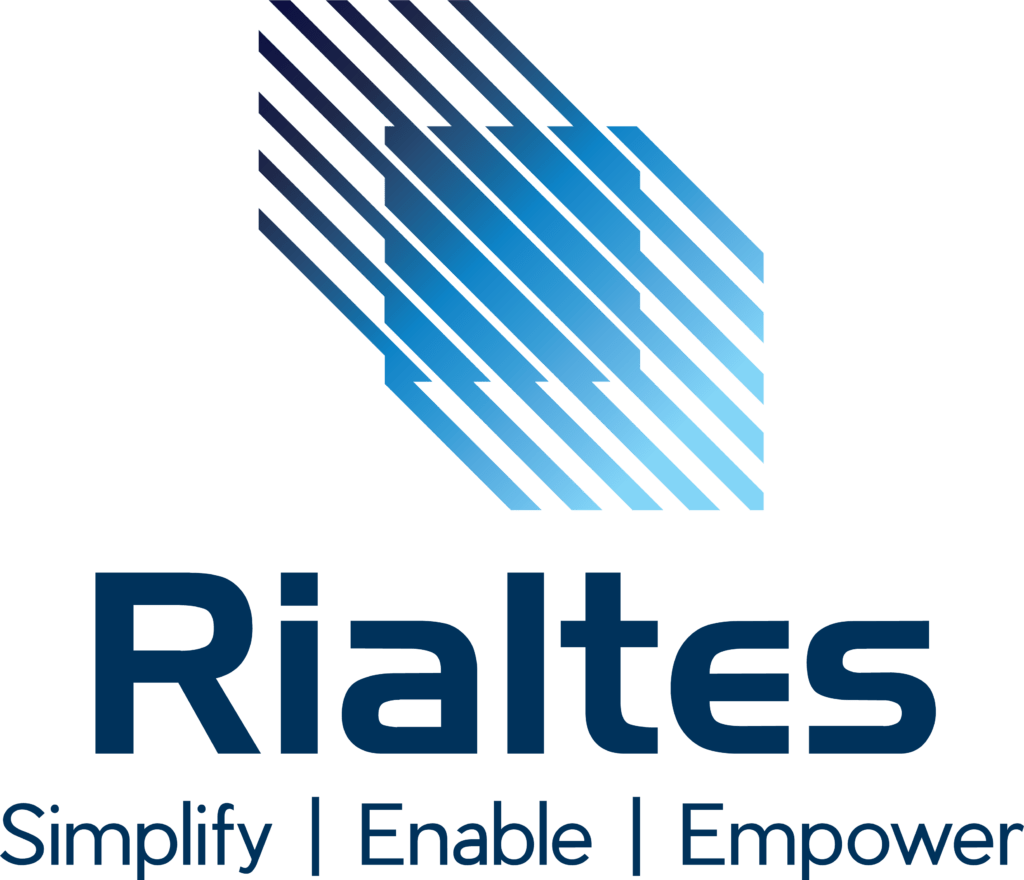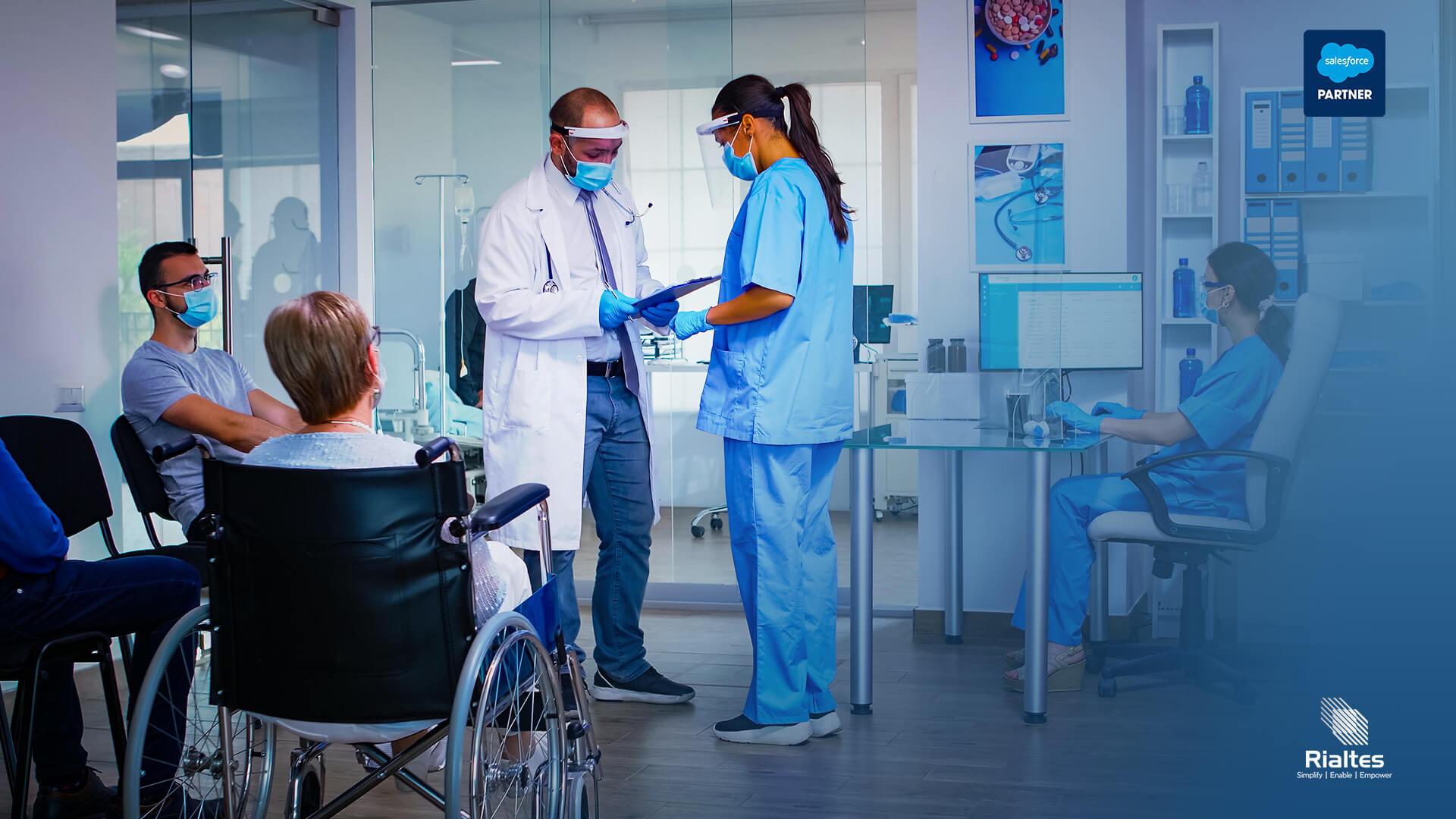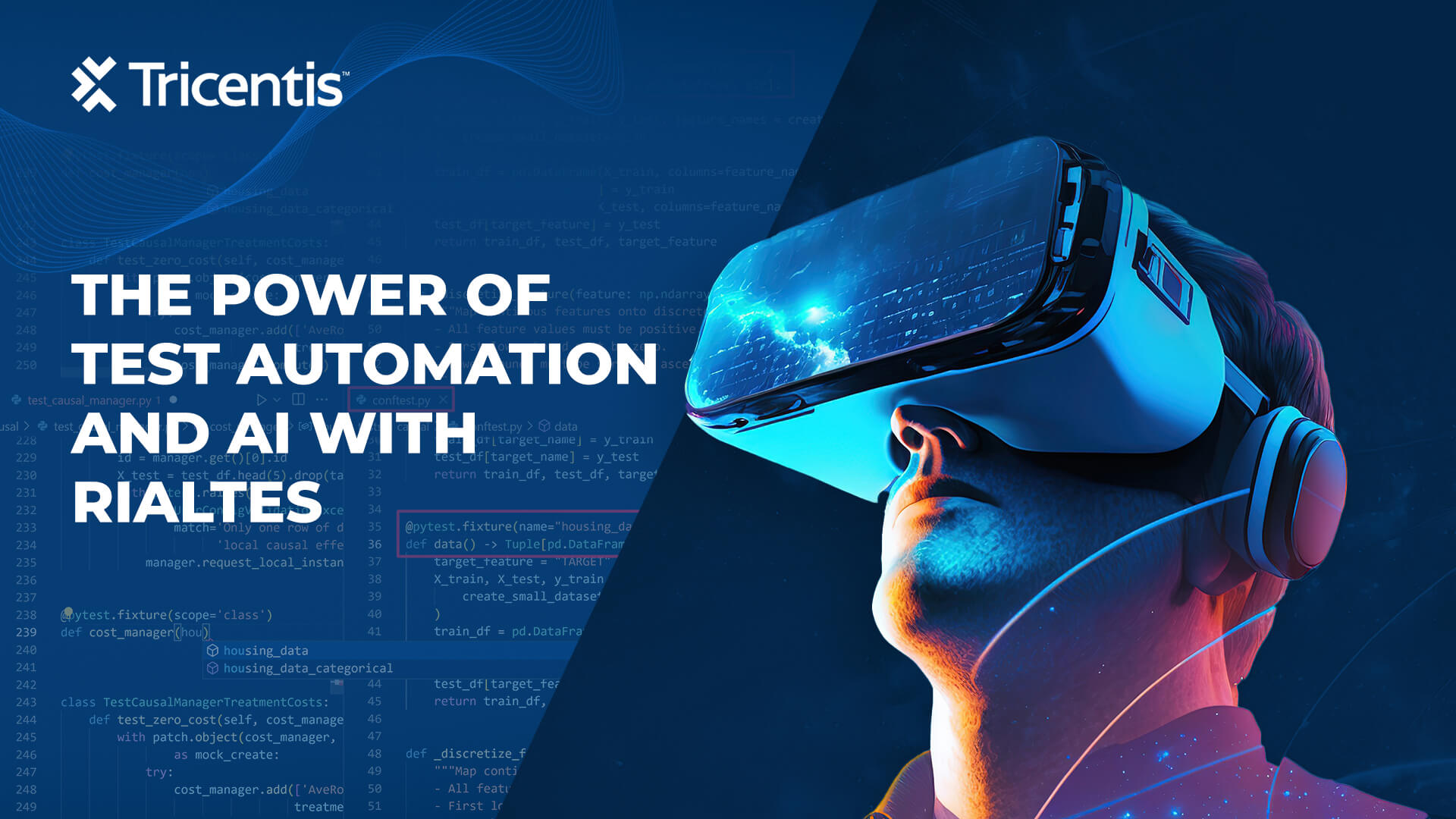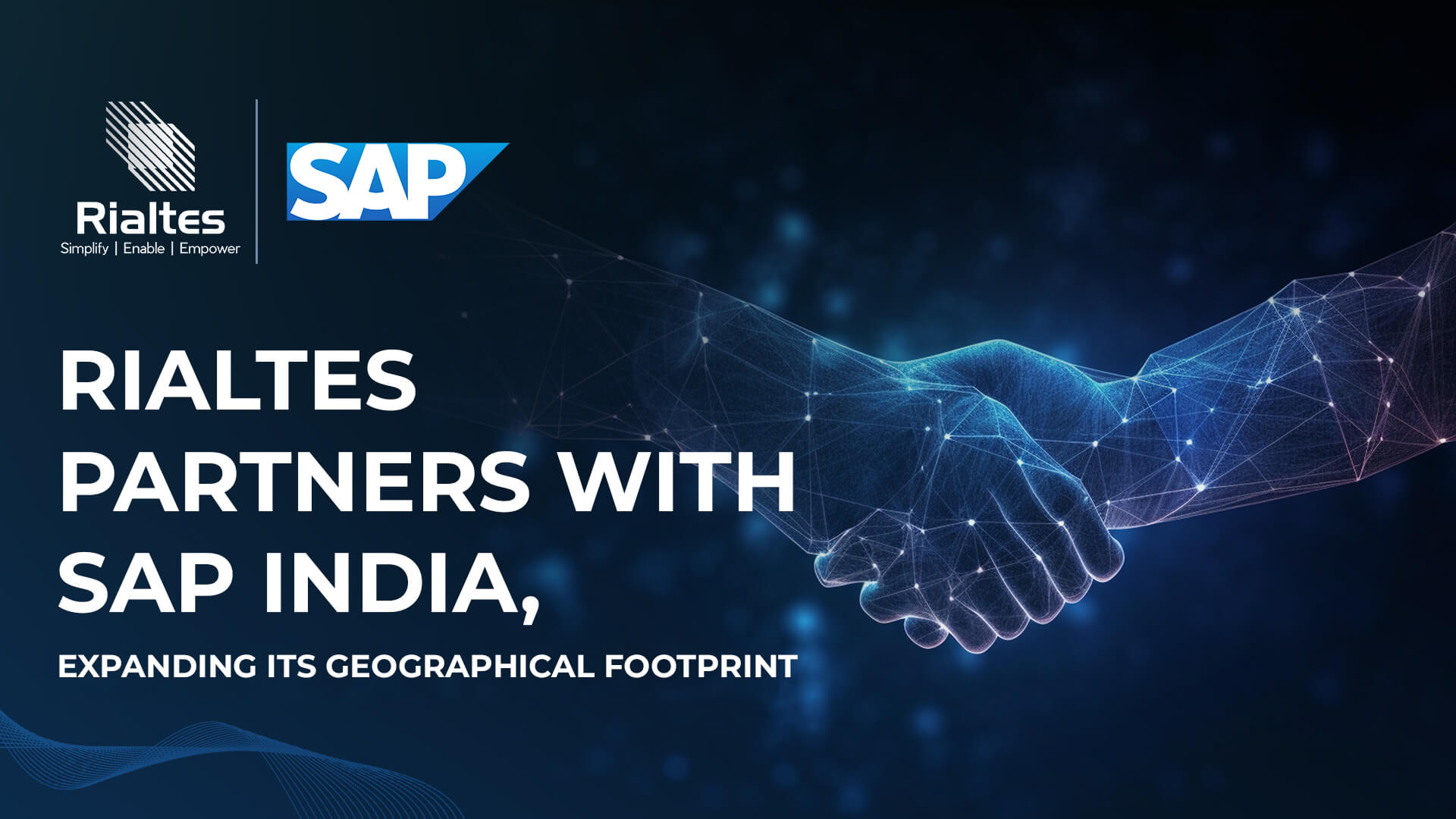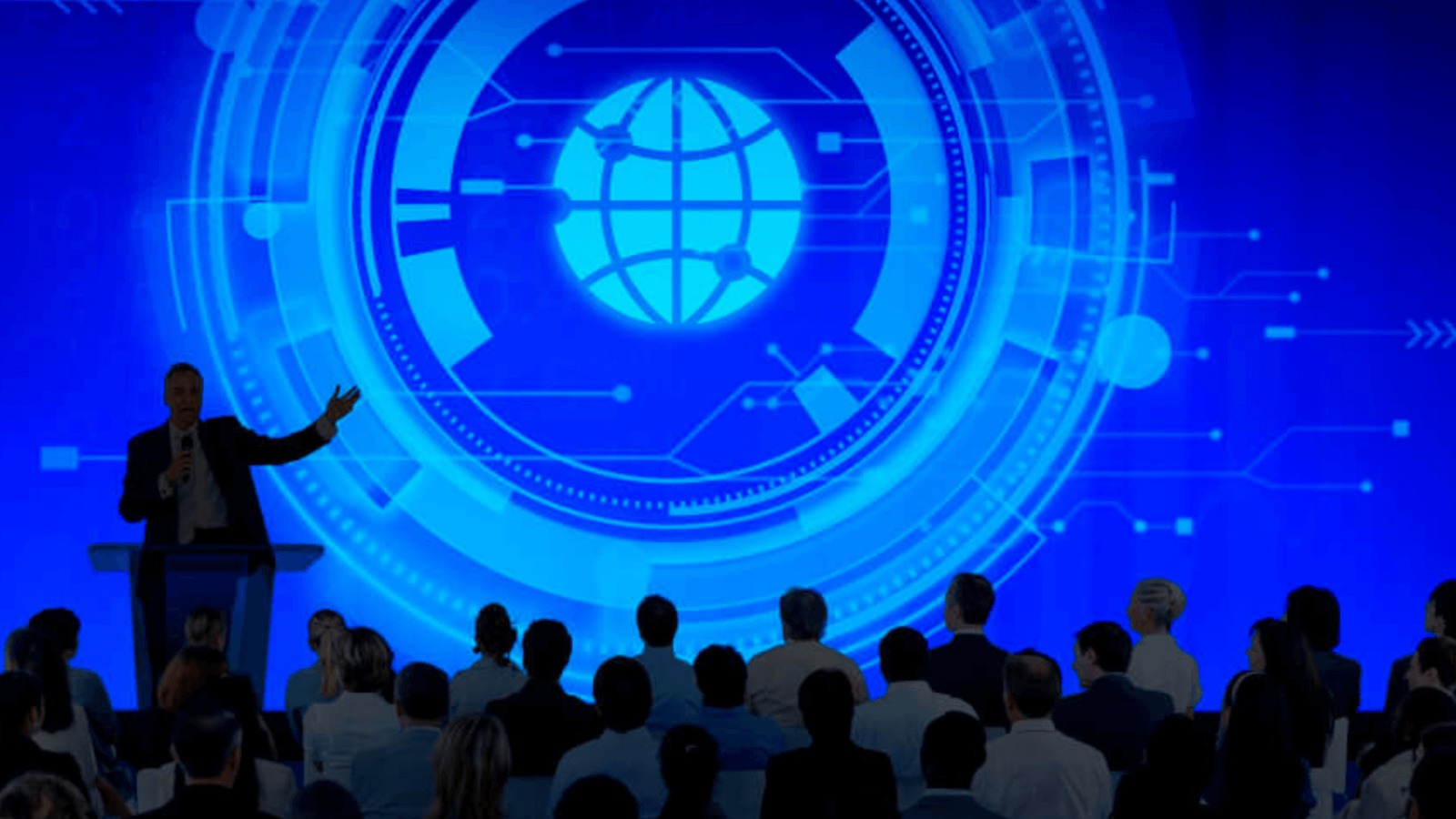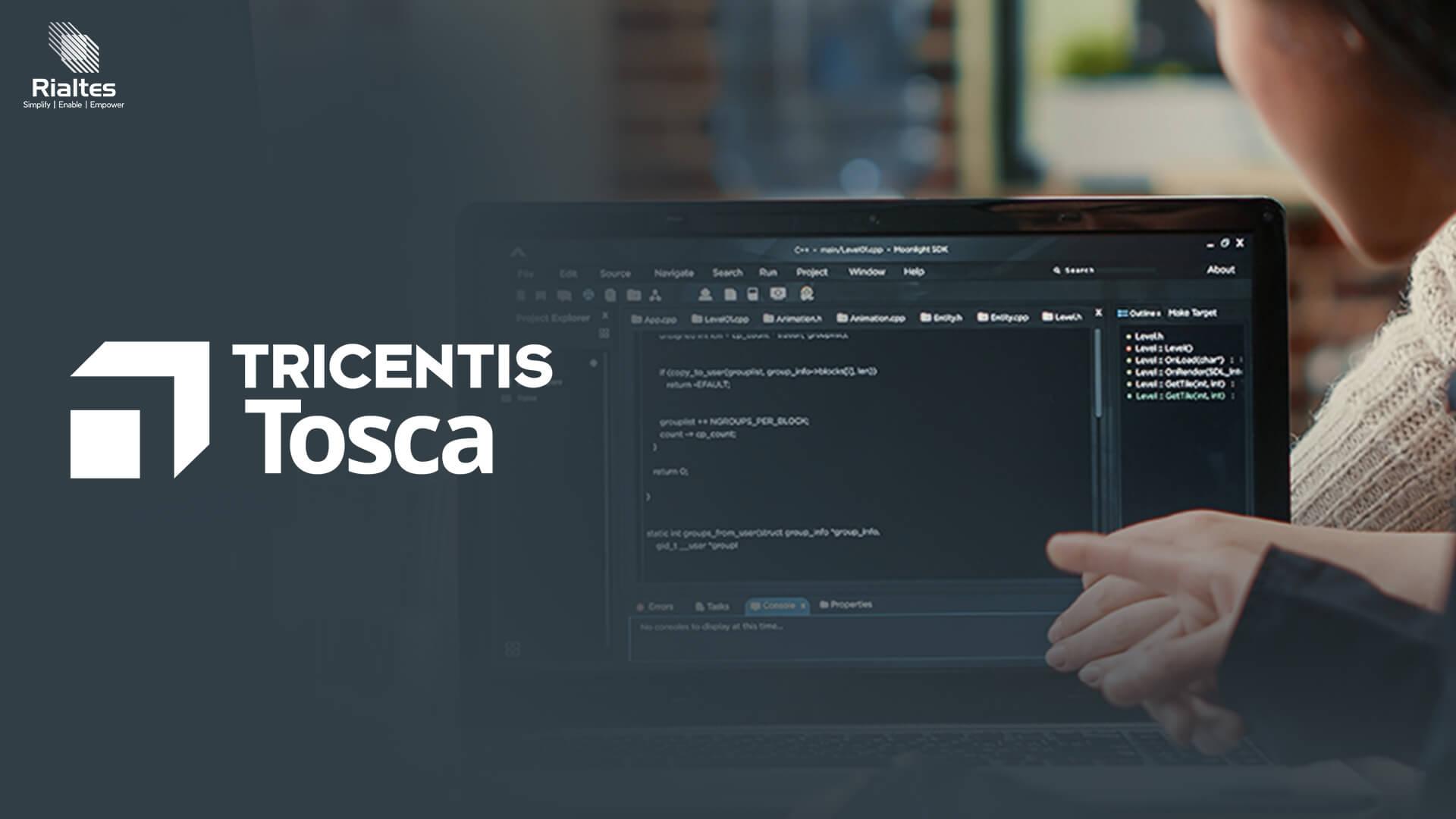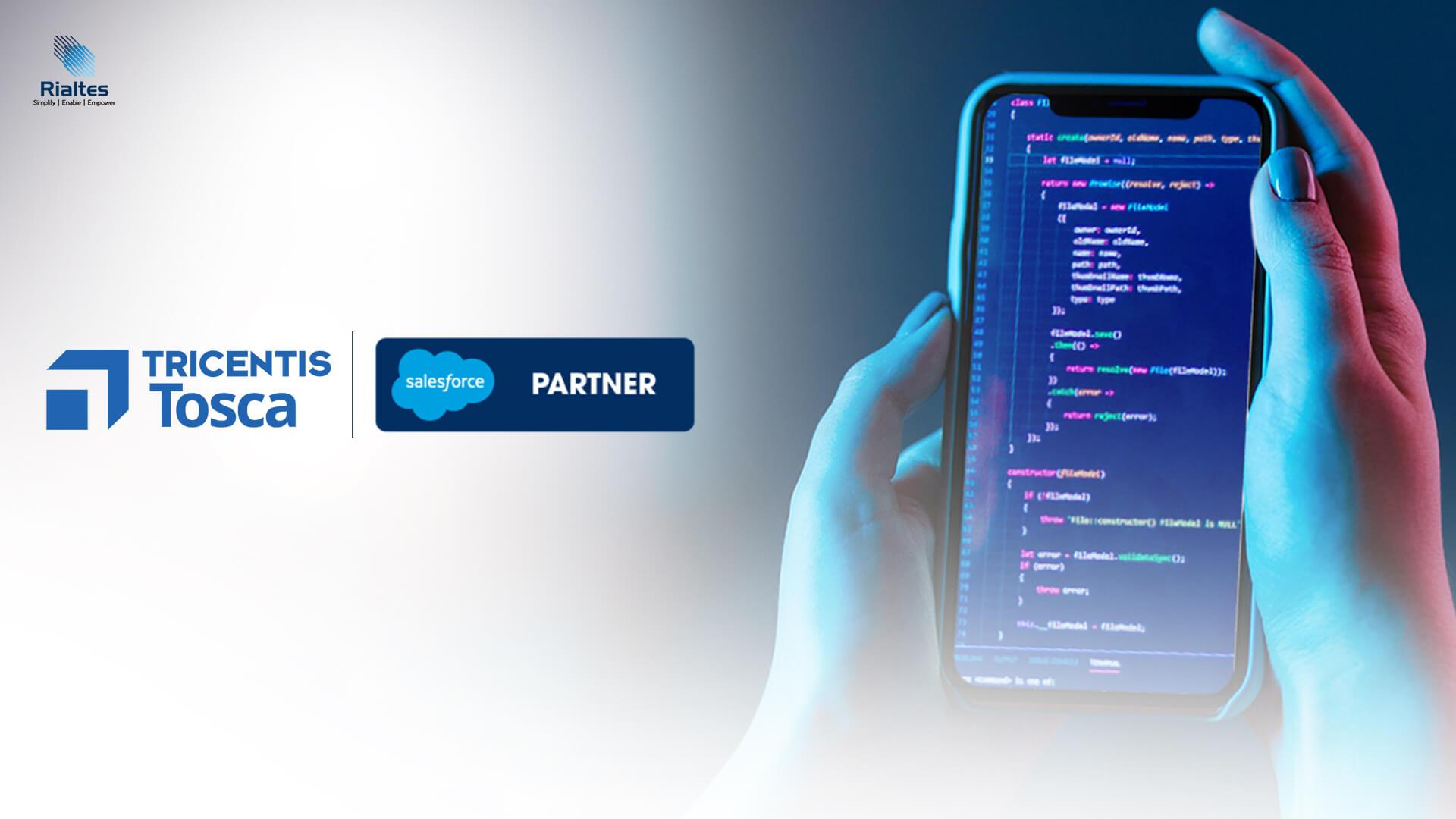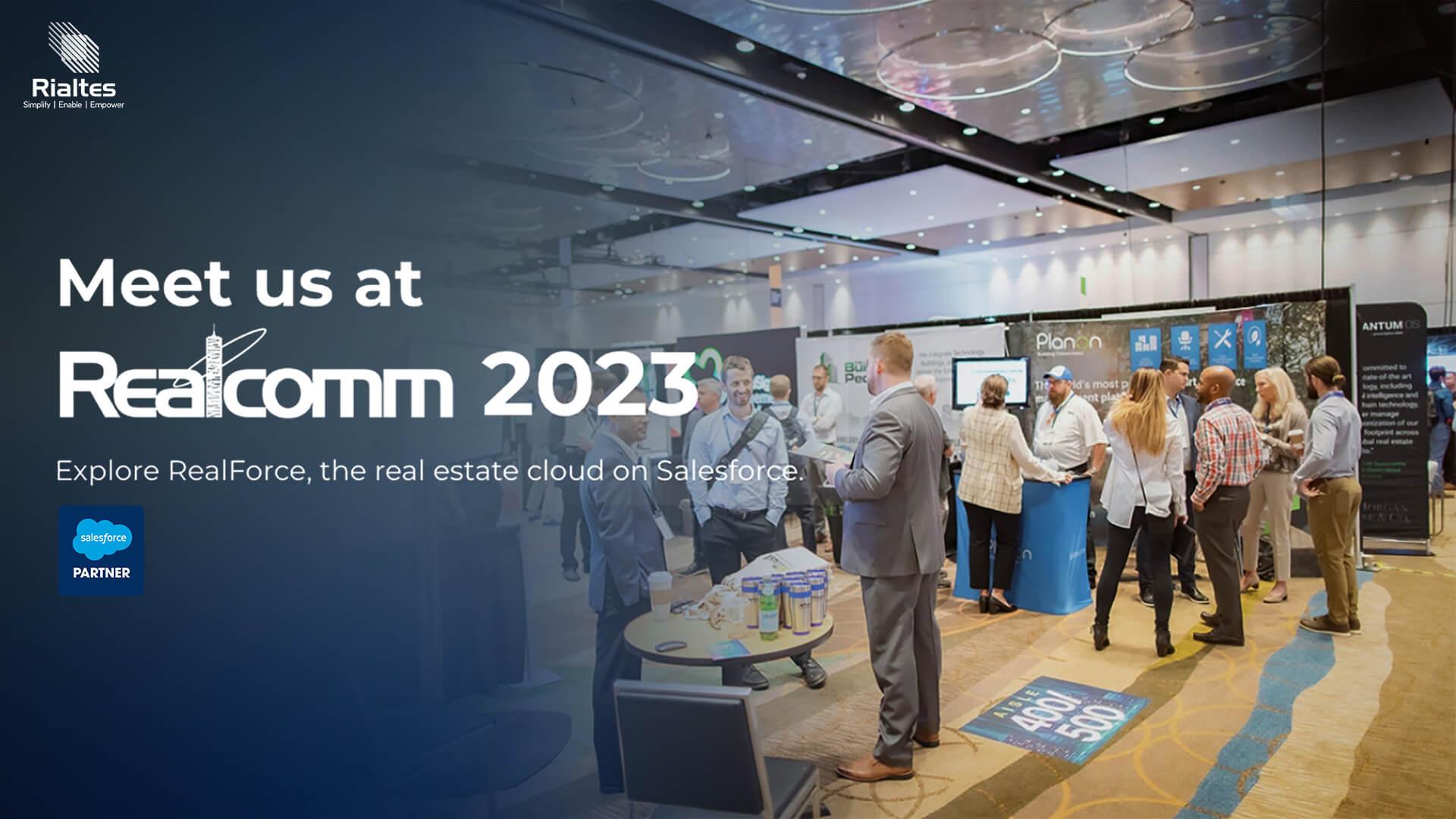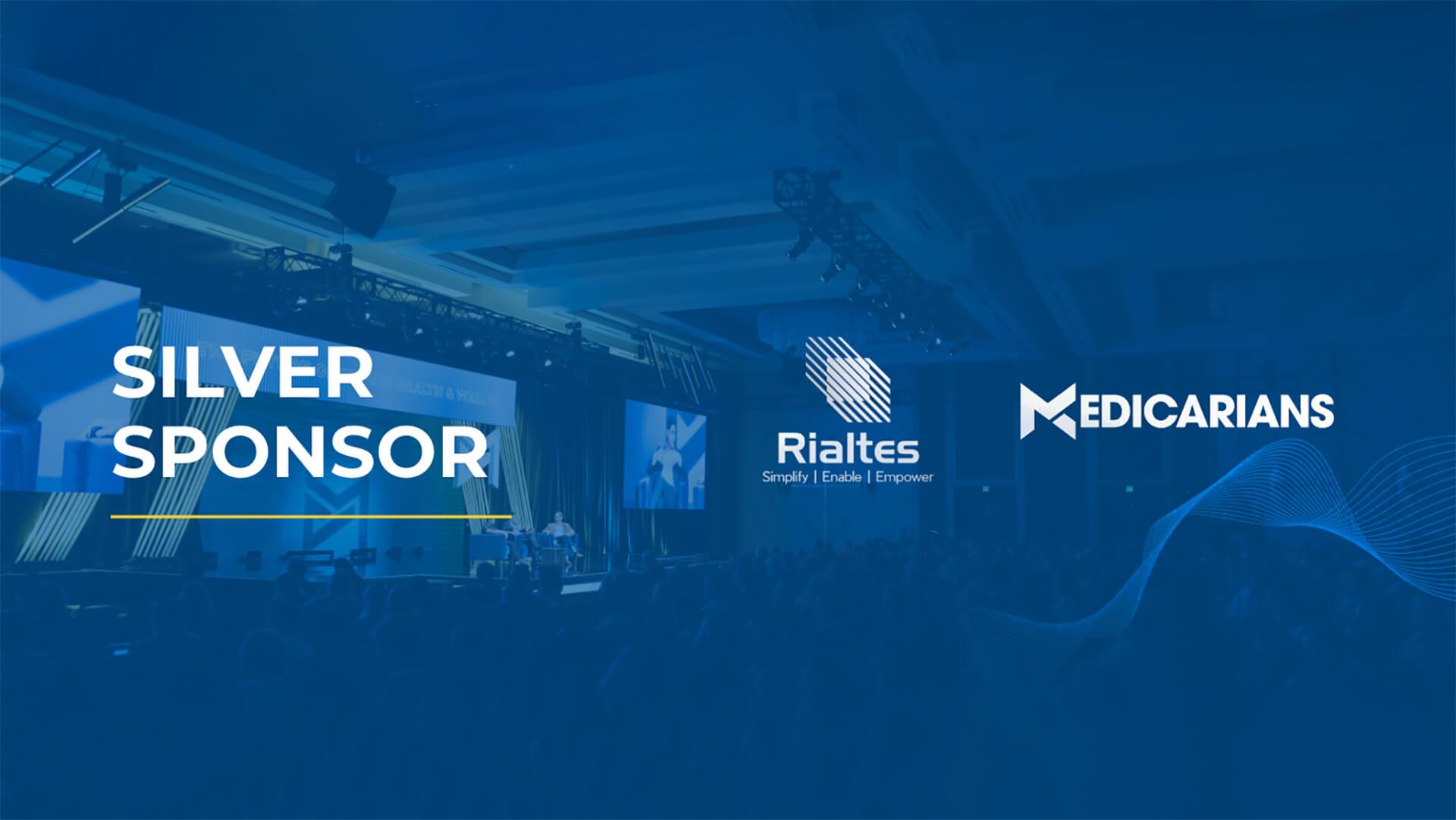Recent Posts:
-
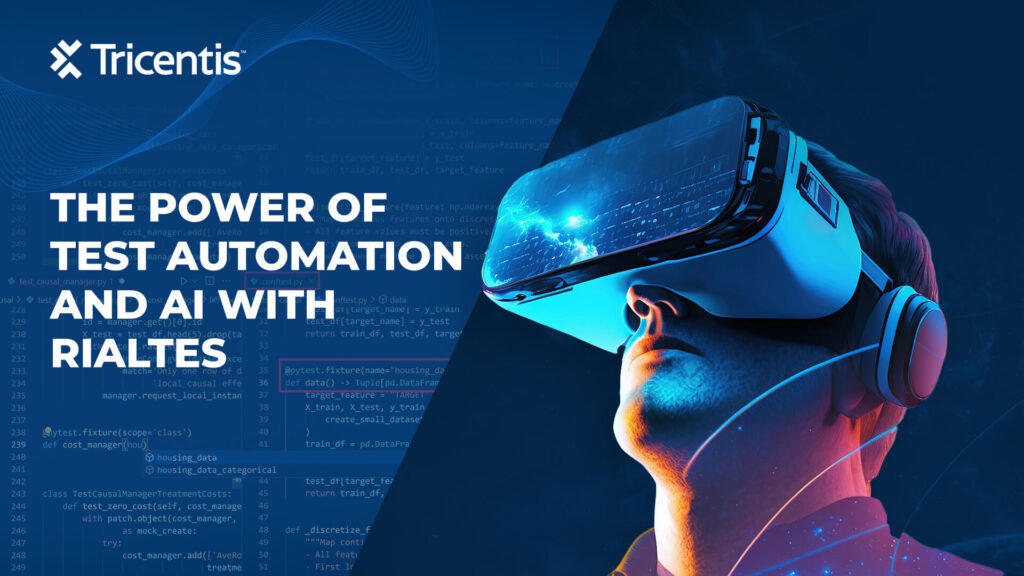 Revolutionizing Quality Engineering: The Power of Test Automation and AI with Rialtes
Revolutionizing Quality Engineering: The Power of Test Automation and AI with Rialtes -
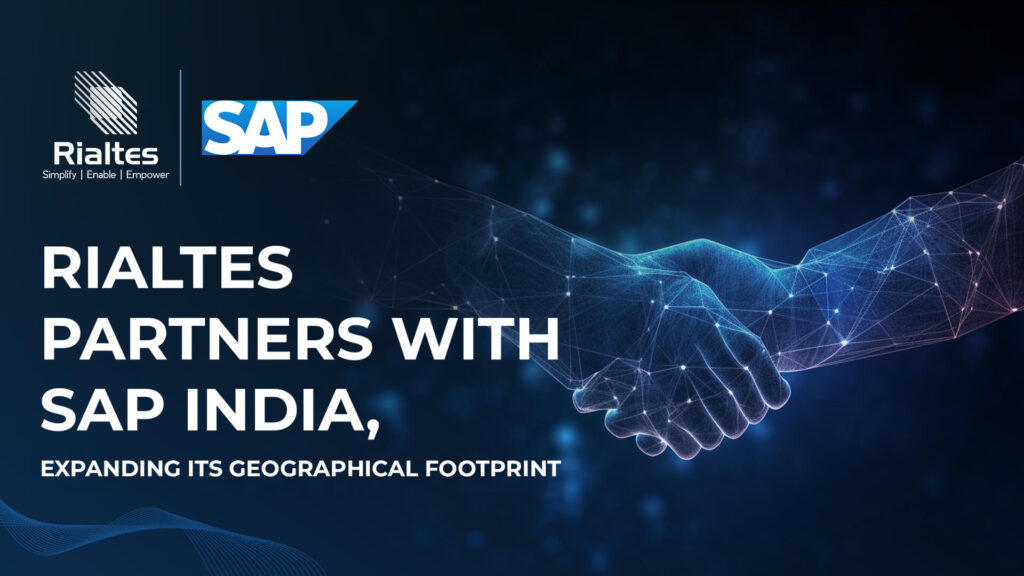 Rialtes Partners with SAP India, Expanding Its Geographical Footprint
Rialtes Partners with SAP India, Expanding Its Geographical Footprint -
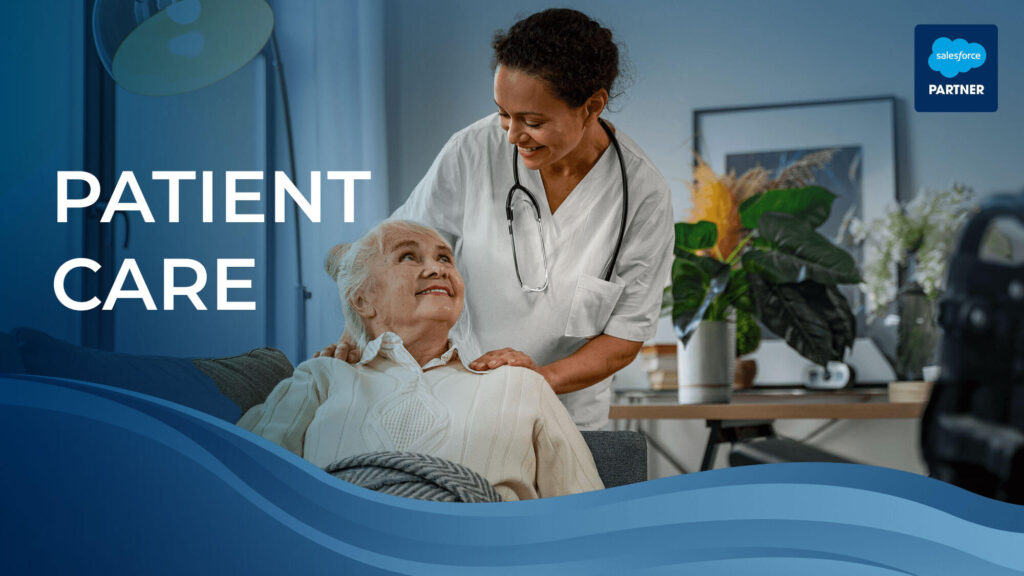 Improving Patient Care Through the Salesforce Health Cloud App
Improving Patient Care Through the Salesforce Health Cloud App -
 Elevate Your Business: 5 Compelling Reasons Why Executives Should Attend Dreamforce 2023
Elevate Your Business: 5 Compelling Reasons Why Executives Should Attend Dreamforce 2023
Laying down the grounds
Technology is running up and around the globe, transforming industries and changing the dimensions. These new implications of technology make a sturdy change in the various segments of society, solving long-term problems.
One such technical implication can be observed in the healthcare industry. Here, with advanced technology and the need generated, this segment’s dynamics are being transformed from top to bottom to provide patients with an enhanced care system.
The entire healthcare system is running on certain set standards and regulations. These criteria and standards allow an even and seamless flow of information throughout. There are various anomalies when it comes to healthcare and variable data which makes it difficult to transcribe the information.
Any healthcare system or for that matter any industry requires a proper communication channel to define what is happening in the system. For clear and concise information transmission, having an open channel for transferring data is required.
What are the standards in healthcare?
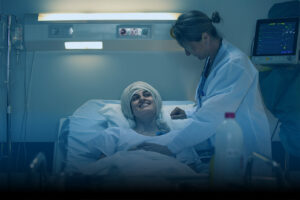 The pandemic-ridden system struggled with effective and easy data transfer, have the advanced techs been adopted, this could have been avoided. It’s not that before covid no other standards existed in the system the pandemic only emphasized the importance of these standards being implemented.
Some of the major health standards in the healthcare industry are categorized into four main categories:
The pandemic-ridden system struggled with effective and easy data transfer, have the advanced techs been adopted, this could have been avoided. It’s not that before covid no other standards existed in the system the pandemic only emphasized the importance of these standards being implemented.
Some of the major health standards in the healthcare industry are categorized into four main categories:
- Transport standards- FHIR, DICOM, CDISC, etc.
- Content standards- HL7 v2 & v3, C-CDA, USCDI, etc.
- Security standards- HIPPA, GDPA
- Terminology standards- ICD-10-CM, CPT, HCPCS, NDC, etc.
Understanding HL7
Health Level 7 or HL7 is a set of international standards for defining the criteria to share and transfer medical data among different healthcare entities. It has transformed the scenario of data sharing in the medical industry and has converted it into a sophisticated, easily transcribable, and universal format for all healthcare professionals to interpret globally.
But why do we need a global standard? Yes, that’s an obvious and genuine question, however, the answer is also a bit obvious.
If there is a certain set standard that is understandable by all medical professionals globally, it becomes convenient to read the medical records of any patient. Comparative to each medical professional defining the data as per their understanding.
Common HL standards being implemented are listed as follows:
- HL7 V2
- HL7 V3
- HL7 CDA (Clinical and Administrative Domain)
- HL7 CCD (Continuity Care Document)
- HL7 EHR (Electronic Health Records)
- HL7 FHIR (Fast Health Interoperable Resources)
Benefits of HL7
Although listing the benefits of HL7 cannot be limited to listing a few points as the impact it has had on the healthcare industry is significant. Some of the major benefits are as follows:
- Data uniformity
- Standardization
- Enhanced patient care
- Easy data transfer
- Better medical decisions
- Convenient record keeping
HL7- a new face for healthcare
Implementation of standards like HL7 has a greater impact on the healthcare provided to the patients. This enables medical professionals to connect on a global level to share data and interpret the information for an enhanced medical decision which is eventually for the benefit of the patients.
HL7 makes it possible as it has made it a set standard and whatever medical records are being transferred in the healthcare are following the HL7 standards. This provides a uniform platform for healthcare professionals to get a better understanding of patients’ records and can form an informed decision.
Further, it is easy for a patient to get a second opinion from a different doctor as all records are in a universal form, and its interpretation becomes effortless.
Certain tech giants are providing this enhanced healthcare to patients with modern-day technology involved and following API integrations.
How Rialtes fits in the picture?
Salesforce is a leader in CRM services and is offering Salesforce implementation services. along with its Salesforce consulting companies. Among these Rialtes is a certified Salesforce partner offering Salesforce implementation services.
These implementation services are allowing Salesforce Healthcare Consultants to work on these standards integrating with API integrations and making the healthcare system redefined. This enables healthcare institutions to have a restructured system for better medical data records
The final nail
The healthcare industry has been transforming with every advanced technology being integrated into the system. Having a certain fixed standard, however, brings much-needed stability to the complete sector which makes it universal and convenient for healthcare professionals to offer patient-centric, enhanced care experience.
This is being backed up by technology leaders such as Salesforce and Rialtes, both working toward a common goal of elevating the overall patient journey and allowing them to experience better services.
References-
Recent Posts:
Partnering with Tricentis and Harnessing AI for Better Software Quality …
India, 11/20/2023 – Today, Rialtes announced the expansion of its …
Linkedin Facebook Twitter
In the fast-paced world of business, staying ahead of the …
Table of contents: Introduction From the inception Is automation necessary? …
Table of contents: Introduction of the testing industry What are …
Table of contents: History of the real estate industry Current …
Table of contents: Intro of industry (manufacturing) Challenges Introduce RPA …
How it all started? As the world’s population continues to …
Table of contents: Introduction Without Intelligent technology Evolution of technology …
